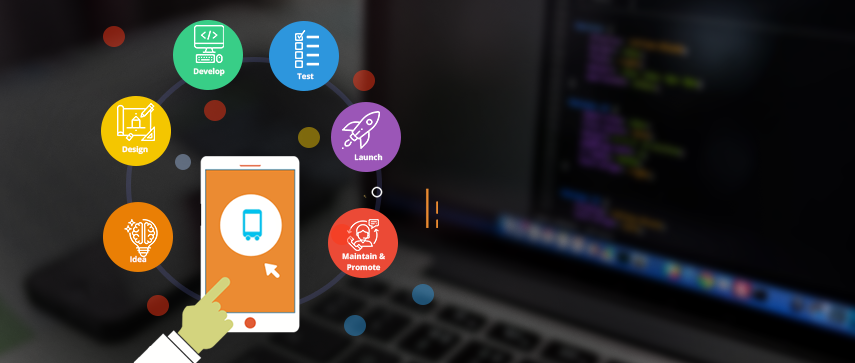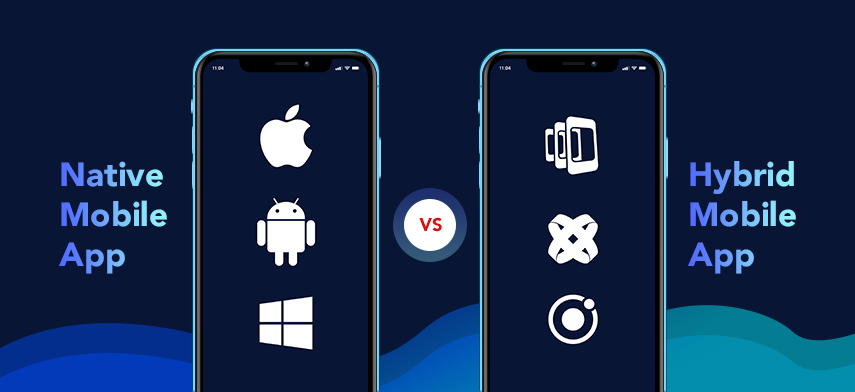The dependence on smartphones is emerging day by day. As a result, software developers do not miss any chance to develop mobile apps for varied applications and offer those to users. The industry of mobile apps is mainly based on rapid development in the IoT market as it enables taking hold of more information that is utilized to optimize and improve the application features used by end-users.
The most important factor that ensures the industry growth of mobile app development is high market penetration of smartphones, developing IoT market and wide usage of mobile apps. A Report says, in the third quarter of 2018, the total number of mobile applications in the App Store and Google Play reached 4.1 billion. The bar of competition is growing, but the market continues to grow. This growth has maintained its status in 2019 as well. Early in 2019, the share of Android apps was 75.16% and iOS 21.98%.
Taking a glance at the rapid pace of the mobile app development market, there is one of the things certain that every developer needs to offer flawless user experience in their apps in order to get ultimate success. Other than user experience, the user interface is another factor that needs to be focused on while developing a mobile app.
Are you planning to develop an app that can offer awesome user experience and also has a great user interface? Then you can explore the two important app types – Native app and Hybrid app. But which one will be the best for you? Well, this post will help you take this decision. When planning to develop an app, either a native or hybrid, there are quite a few factors you need to think about, depending on your business objectives and goals. Today’s post will guide you through all the information you need to know about Hybrid app and Native app development. At the end of the post, you will have a clear idea on which one will be best for you.
So, without further ado, let’s start the discussion.
Native App Development Process – In A Nutshell

Being a software programmer, a native application is developed in such a way that can perform certain tasks on a specific platform or environment. Native apps are written in the languages those particular platforms accept, for example, Objective-C and Swift are two common languages for iOS native apps and Kotlin and Java are common languages for Android Native apps. Native apps perform in a fast manner, has a responsive interface, are distributed in app stores, provide intuitive user output and input, do not always need an active internet connection. To sum up, these apps proffer great user experience but are quite expensive to develop as compared to other options.
Read More about the native vs hybrid app
